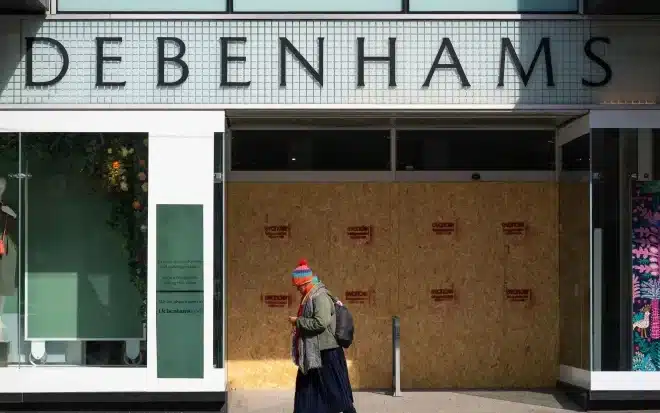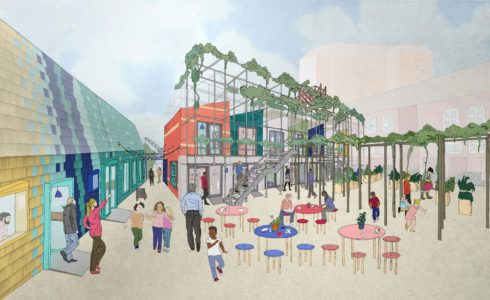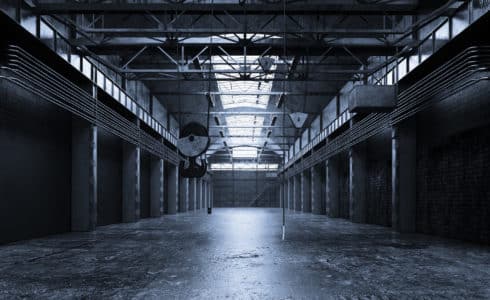
The high street of the future…
It’s not news that the events of the last couple of years have been a catalyst for us to reimagine what our relationship with our town centres and retail spaces will look like as we emerge from the effects of the Pandemic. Some of the big names on the high street have disappeared, others have rapidly expanded their online presence to survive, and many are now reassessing what having a physical store is actually for and redesigning their stores to something that an online store simply can’t compete with.
So as these existing shops try and reinvent themselves as tactile, community-focused, social destinations it begs the question, what about all the empty stores? How do we make use of all this empty space? What could we do with them to entice people back to town?
Culture: retail’s best friend.
Arts Council England published a report in September that quantifies the evidence for the positive effect that cultural venues have on the high street, both by promoting social cohesion and supporting the local economy. They specifically cite libraries, theatres and museums, but the same is true for many other examples of the experience economy where, mirroring the cultural shift in retail, audiences want to go somewhere they can experience something that they can’t do in their home or on a digital platform.
The opportunity is huge for experience and culturally led projects to fill in the gaps and provide not only revenue for landlords, but also footfall and secondary revenue for shopping locations. Treetop Adventure Golf have signed leases on vacant Forever21 stores to create an “immersive rainforest world where temples crumble, ancient spirits stir and mini golf reigns supreme.” whilst Diageo have taken over an old Fraser’s locations for their Jonny Walker’s Experience.
A new kind of theatre.
What else could we create given half a chance? Imagine if we could take over a large ex-retail space in a prominent city location and turn it onto a receiving house for immersive productions and attractions? Not only would that generate a huge amount of footfall and commercial opportunity to the area but it would also provide immersive experience companies an opportunity to mount productions without having to pay out all of the activation costs it usually takes to convert a meanwhile-use venue into a public performance space.
There are always hurdles to overcome but hopefully in 2022 there will be increased support from landlords and local councils who want to reinvent their empty spaces to reinvigorate the high street, and transform those empty blocks into thriving communities again. Now, who’s got a great story to tell?



